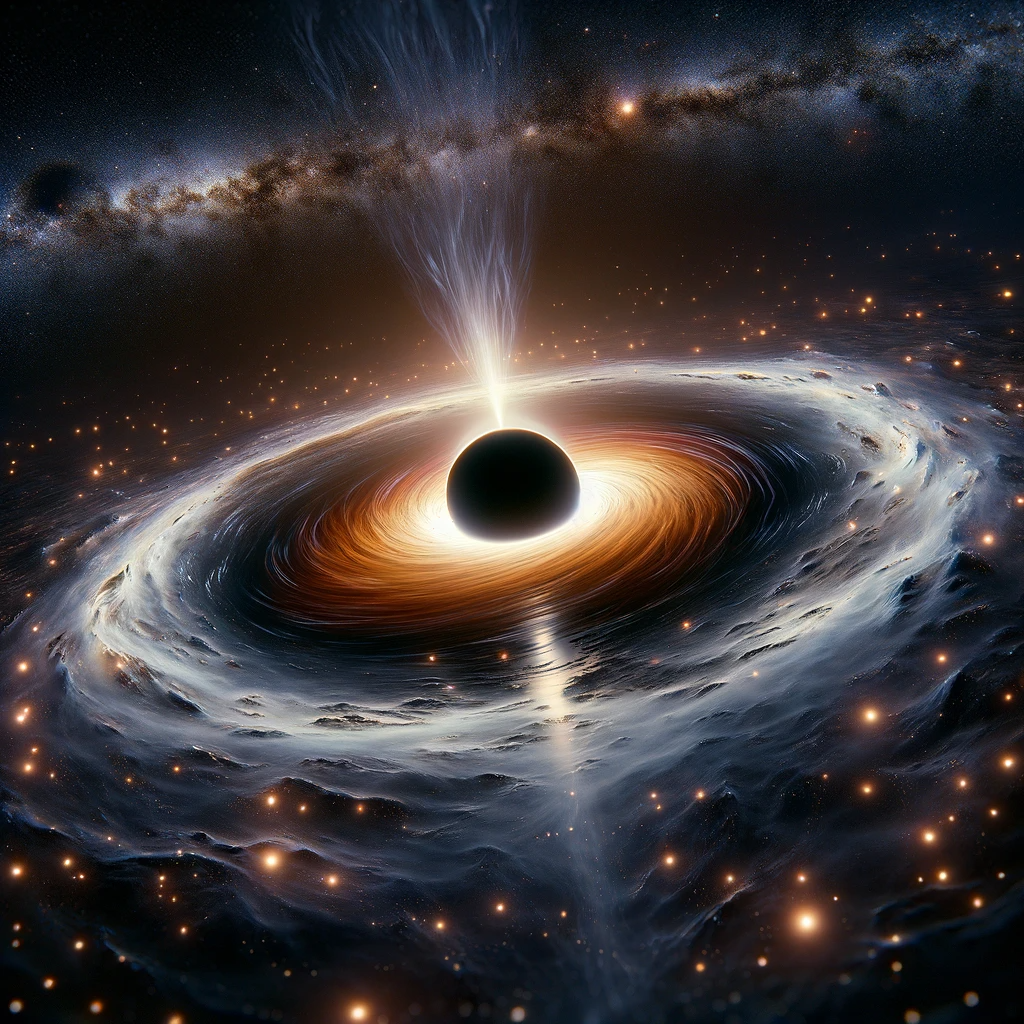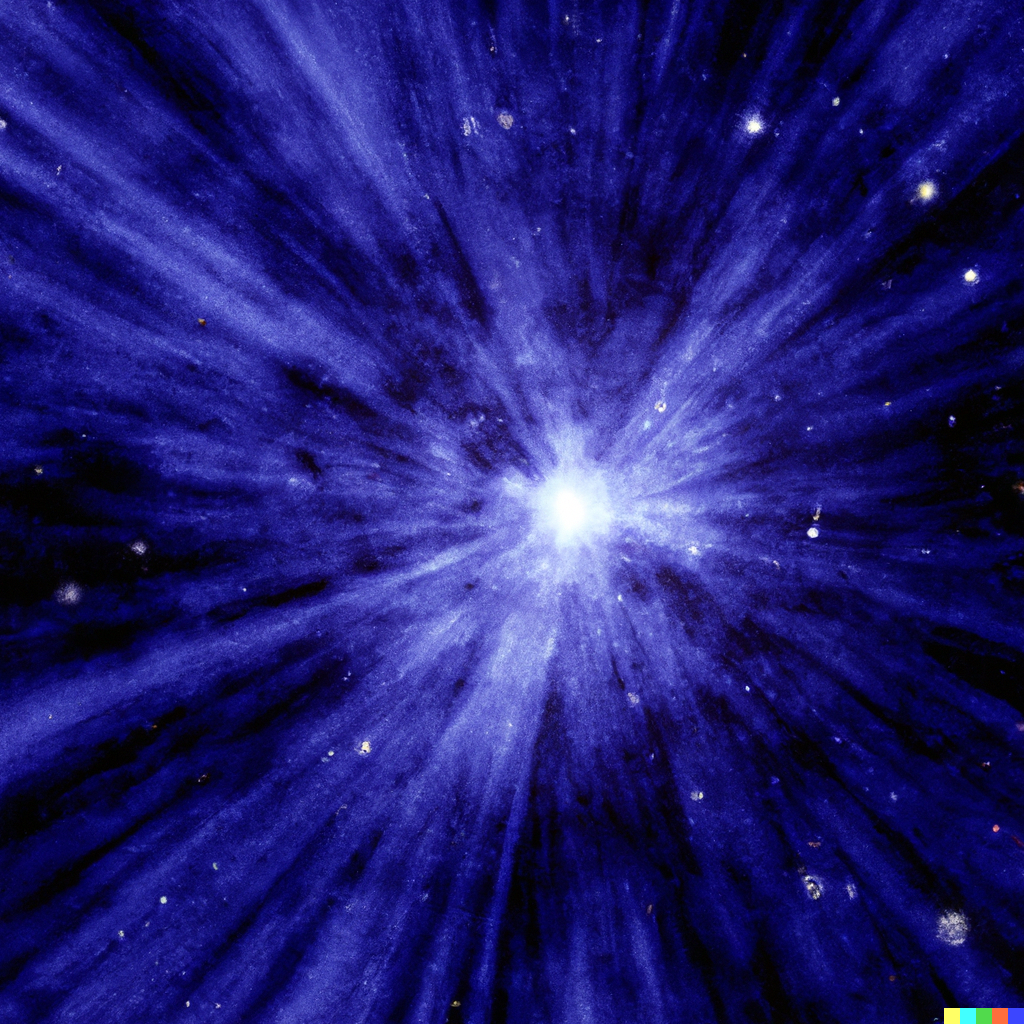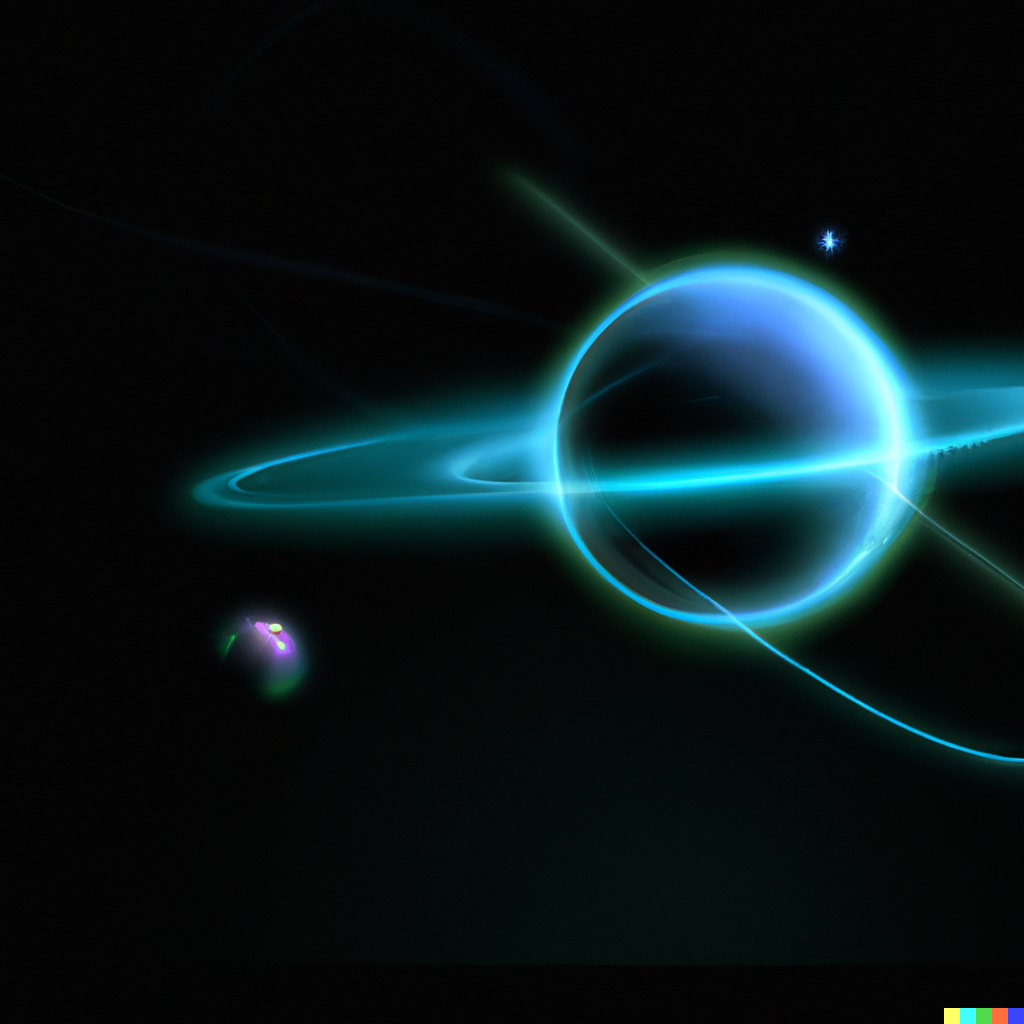Astrophysics is a vast and complex field that combines physics and astronomy to study the properties and behavior of celestial objects and phenomena. Some specializations in astrophysics include:
- Stellar Astrophysics: The study of stars, their formation, evolution, and death.
- Galactic Astrophysics: The study of the structure, dynamics, and evolution of galaxies, including their formation and interactions.
- Extragalactic Astrophysics: The study of objects and phenomena outside of the Milky Way, including galaxies, clusters of galaxies, and active galactic nuclei.
- Cosmology: The study of the origin, evolution, and ultimate fate of the universe.
- High-energy Astrophysics: The study of high-energy phenomena in the universe, including black holes, neutron stars, and gamma-ray bursts.
- Planetary Science: The study of planets, moons, and other small bodies in our solar system and beyond, including their formation, geology, and atmospheres.
- Astrochemistry: The study of the chemical processes and composition of astronomical objects, including stars, planets, and interstellar medium.
- Gravitational Wave Astronomy: The study of gravitational waves, which are ripples in the fabric of space-time caused by the acceleration of massive objects, and their implications for astrophysics and cosmology.

Stellar astrophysics is the study of the physical and chemical properties of stars, their evolution, and their interactions with their environment. There are several specializations within this field, including:
- Stellar Structure and Evolution: This specialization focuses on the theoretical modeling of the structure and evolution of stars, including their formation, nuclear reactions, energy transport, and final stages of evolution.
- Stellar Atmospheres: This specialization focuses on the study of the outer layers of stars, including their temperature, pressure, and chemical composition. It also includes the analysis of the radiation emitted by stars, which provides information about their physical properties.
- Stellar Populations: This specialization focuses on the study of groups of stars that share common characteristics, such as age, chemical composition, and spatial distribution. This field is important for understanding the formation and evolution of galaxies.
- Exoplanets: This specialization focuses on the study of planets outside our solar system, particularly those that orbit other stars. It includes the detection and characterization of exoplanets, as well as the study of their atmospheres, composition, and habitability.
- Stellar Astrophysics Observations: This specialization focuses on the development of instruments and techniques to observe and measure the physical properties of stars. It includes the use of telescopes, spectroscopy, photometry, and other observational methods to collect data and test theoretical models.
- High-Energy Astrophysics: This specialization focuses on the study of the most energetic phenomena in the universe, including black holes, neutron stars, and supernovae. It includes the analysis of X-rays, gamma-rays, and other high-energy radiation emitted by these objects.

Galactic astrophysics is the study of the structure, dynamics, and evolution of galaxies, including our own Milky Way galaxy. There are several specializations within this field, including:
- Galactic Dynamics: This specialization focuses on the study of the motion and distribution of stars and other objects within galaxies. It includes the analysis of gravitational interactions, orbital dynamics, and the effects of dark matter.
- Galactic Formation and Evolution: This specialization focuses on the study of how galaxies form and evolve over time. It includes the analysis of galaxy mergers, star formation, and the impact of environmental factors such as gas accretion and feedback.
- Galactic Nuclei: This specialization focuses on the study of the central regions of galaxies, including the supermassive black holes that reside at their centers. It includes the analysis of accretion processes, jets, and other phenomena associated with galactic nuclei.
- Galactic Chemical Evolution: This specialization focuses on the study of the chemical composition of galaxies, including the distribution of elements and isotopes. It includes the analysis of nucleosynthesis processes, such as stellar fusion and supernovae, and the role of chemical enrichment in galaxy evolution.
- Galactic Astronomy: This specialization focuses on the development of observational techniques and instruments to study galaxies. It includes the use of telescopes, spectroscopy, photometry, and other observational methods to collect data and test theoretical models.
- Galactic Astrophysics Simulations: This specialization focuses on the development of numerical simulations to model the formation, evolution, and dynamics of galaxies. It includes the use of computational techniques to simulate the behavior of large numbers of stars, galaxies, and other objects in the universe.

Extragalactic astrophysics is the study of objects and phenomena that exist beyond our own Milky Way galaxy. There are several specializations within this field, including:
- Active Galactic Nuclei: This specialization focuses on the study of the central regions of galaxies that exhibit high levels of activity, including the presence of supermassive black holes. It includes the analysis of accretion processes, jet formation, and other phenomena associated with active galactic nuclei.
- Galaxy Clusters: This specialization focuses on the study of large groups of galaxies that are gravitationally bound to each other. It includes the analysis of their structure, dynamics, and evolution, as well as the effects of dark matter and the intergalactic medium.
- High-Redshift Galaxies: This specialization focuses on the study of galaxies that existed in the early universe, shortly after the Big Bang. It includes the analysis of their properties, such as their star formation rates, chemical composition, and structure, as well as the effects of cosmic evolution.
- Extragalactic Astronomy: This specialization focuses on the development of observational techniques and instruments to study extragalactic objects. It includes the use of telescopes, spectroscopy, photometry, and other observational methods to collect data and test theoretical models.
- Gravitational Lensing: This specialization focuses on the study of the bending of light by massive objects, such as galaxies and clusters of galaxies. It includes the analysis of the effects of gravitational lensing on the images of distant objects and the use of lensing as a tool to study the distribution of dark matter in the universe.
- Extragalactic Astrophysics Simulations: This specialization focuses on the development of numerical simulations to model the behavior and evolution of extragalactic objects and phenomena. It includes the use of computational techniques to simulate the formation of galaxies, the evolution of large-scale structures in the universe, and the effects of various physical processes.

Cosmology is the study of the structure, origin, and evolution of the universe as a whole. There are several specializations within this field, including:
- Theoretical Cosmology: This specialization focuses on the development of mathematical models to explain the properties and evolution of the universe. It includes the study of the Big Bang, the inflationary universe, dark matter, dark energy, and the cosmic microwave background.
- Observational Cosmology: This specialization focuses on the collection and analysis of observational data to study the properties and evolution of the universe. It includes the use of telescopes, satellites, and other instruments to study the cosmic microwave background radiation, large-scale structure, and the distribution of galaxies.
- Particle Astrophysics: This specialization focuses on the study of high-energy particles and their interactions with the universe. It includes the study of cosmic rays, neutrinos, and dark matter particles, and their effects on the evolution of the universe.
- Gravitational Waves: This specialization focuses on the study of the ripples in space-time caused by the acceleration of massive objects, such as the collision of black holes or neutron stars. It includes the use of detectors, such as LIGO and VIRGO, to detect and analyze gravitational waves.
- Numerical Cosmology: This specialization focuses on the development of computational techniques to simulate the evolution of the universe. It includes the use of supercomputers to simulate the formation of galaxies, the growth of large-scale structures, and the effects of various physical processes.
- Astrostatistics: This specialization focuses on the development of statistical methods and models to analyze and interpret observational data in cosmology. It includes the use of machine learning, data mining, and other statistical techniques to extract information from large data sets.

High-energy astrophysics is the study of the most energetic phenomena in the universe, including black holes, neutron stars, supernovae, and other extreme environments. There are several specializations within this field, including:
- X-ray Astronomy: This specialization focuses on the study of the universe using X-ray telescopes, which are able to detect and study the high-energy radiation emitted by objects such as black holes, neutron stars, and supernovae.
- Gamma-ray Astronomy: This specialization focuses on the study of the universe using gamma-ray telescopes, which are able to detect and study the highest-energy radiation emitted by objects such as pulsars, supernovae, and gamma-ray bursts.
- Neutrino Astronomy: This specialization focuses on the study of the universe using neutrino detectors, which are able to detect the extremely high-energy neutrinos that are produced by objects such as supernovae and active galactic nuclei.
- Cosmic Ray Astronomy: This specialization focuses on the study of the universe using detectors that measure the high-energy particles, such as protons and nuclei, that are constantly bombarding the Earth from outer space.
- High-Energy Astrophysics Observations: This specialization focuses on the development of instruments and techniques to observe and measure the physical properties of high-energy astrophysical objects. It includes the use of telescopes, detectors, and other observational methods to collect data and test theoretical models.
- High-Energy Astrophysics Theory: This specialization focuses on the development of theoretical models to explain the properties and behavior of high-energy astrophysical objects. It includes the study of particle acceleration, plasma physics, and the effects of strong gravitational fields.

Planetary science is the study of the planets, moons, asteroids, comets, and other objects in our solar system and beyond. There are several specializations within this field, including:
- Planetary Geology: This specialization focuses on the study of the geology and surface features of planets and moons. It includes the analysis of landforms, rocks, and minerals, as well as the study of impact craters, volcanoes, and tectonic activity.
- Planetary Atmospheres: This specialization focuses on the study of the composition, structure, and dynamics of planetary atmospheres. It includes the analysis of weather patterns, climate, and the interaction of the atmosphere with the surface and space environment.
- Planetary Magnetospheres: This specialization focuses on the study of the magnetic fields and plasma environments of planets and moons. It includes the analysis of the interaction of the magnetic fields with the solar wind, as well as the study of auroras and other phenomena.
- Planetary Astrobiology: This specialization focuses on the study of the potential for life on other planets and moons. It includes the analysis of the habitability of planetary environments, the search for biosignatures, and the study of the origin and evolution of life in the universe.
- Planetary Exploration: This specialization focuses on the development and operation of spacecraft and robotic missions to explore planets and moons. It includes the design and testing of instruments, as well as the analysis and interpretation of data returned by the missions.
- Planetary Dynamics: This specialization focuses on the study of the motion and orbits of planets and moons, as well as the interaction of these objects with each other and with other objects in the solar system. It includes the study of orbital dynamics, planetary migration, and the formation and evolution of the solar system.

Astrochemistry is the study of the chemistry of the universe, including the chemical processes that occur in stars, planets, and other astronomical objects. There are several specializations within this field, including:
- Interstellar Medium Chemistry: This specialization focuses on the study of the chemical composition and processes in the gas and dust that exists between stars. It includes the analysis of molecular clouds, the formation of stars, and the chemical reactions that occur in the interstellar medium.
- Planetary Chemistry: This specialization focuses on the study of the chemical composition and processes on planets, moons, and asteroids. It includes the analysis of the geology and atmosphere of these objects, as well as the study of the origin and evolution of the solar system.
- Stellar Chemistry: This specialization focuses on the study of the chemical composition and processes that occur in stars, including nuclear fusion, nucleosynthesis, and the formation of heavy elements.
- Astrobiology: This specialization focuses on the study of the potential for life in the universe, including the study of the chemistry of life and the search for biosignatures. It includes the analysis of planetary environments, the study of extremophiles, and the search for habitable planets.
- Observational Astrochemistry: This specialization focuses on the development and use of telescopes, spectroscopy, and other instruments to observe and analyze the chemical composition of astronomical objects. It includes the study of molecular spectra, isotopic ratios, and other chemical signatures.
- Experimental Astrochemistry: This specialization focuses on the development and use of laboratory experiments to study the chemical processes that occur in astronomical environments. It includes the study of chemical reactions in low-temperature and high-pressure conditions, the formation of complex organic molecules, and the simulation of extraterrestrial environments.

Gravitational wave astronomy is the study of the ripples in space-time caused by the acceleration of massive objects, such as the collision of black holes or neutron stars. There are several specializations within this field, including:
- Gravitational Wave Detection: This specialization focuses on the development and operation of gravitational wave detectors, such as the Laser Interferometer Gravitational-Wave Observatory (LIGO) and the Virgo Interferometer. It includes the design and construction of detectors, as well as the development of signal processing techniques to extract gravitational wave signals from detector data.
- Gravitational Wave Data Analysis: This specialization focuses on the analysis and interpretation of gravitational wave signals detected by gravitational wave detectors. It includes the development of statistical methods to analyze and interpret data, as well as the comparison of data with theoretical models.
- Binary Black Hole and Neutron Star Mergers: This specialization focuses on the study of the mergers of binary systems consisting of black holes or neutron stars. It includes the study of the properties of the merger events, such as the masses and spins of the objects, and the analysis of the resulting gravitational wave signals.
- Astrophysics with Gravitational Waves: This specialization focuses on the use of gravitational waves to study astrophysical phenomena, such as the properties of neutron stars and the formation and evolution of binary systems. It includes the comparison of gravitational wave data with theoretical models of astrophysical processes.
- Multimessenger Astronomy: This specialization focuses on the study of astrophysical phenomena using multiple types of astronomical observations, including gravitational waves, electromagnetic radiation, and cosmic rays. It includes the development of techniques to combine and analyze data from multiple observations to gain a better understanding of the phenomena.
- Theoretical Gravitational Wave Astrophysics: This specialization focuses on the development of theoretical models to explain the properties and behavior of astrophysical objects that emit gravitational waves. It includes the study of general relativity, the properties of black holes and neutron stars, and the effects of strong gravitational fields.






















